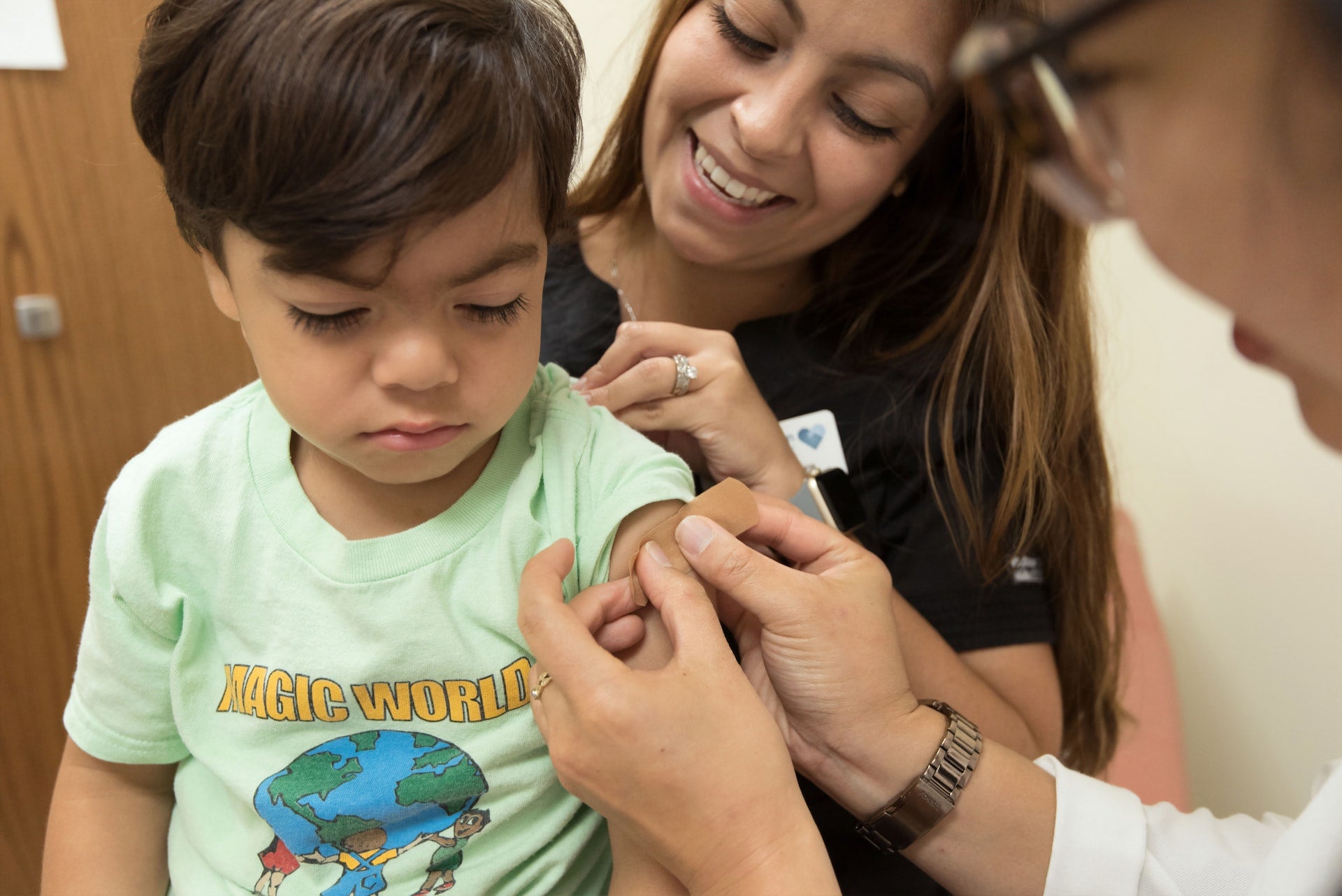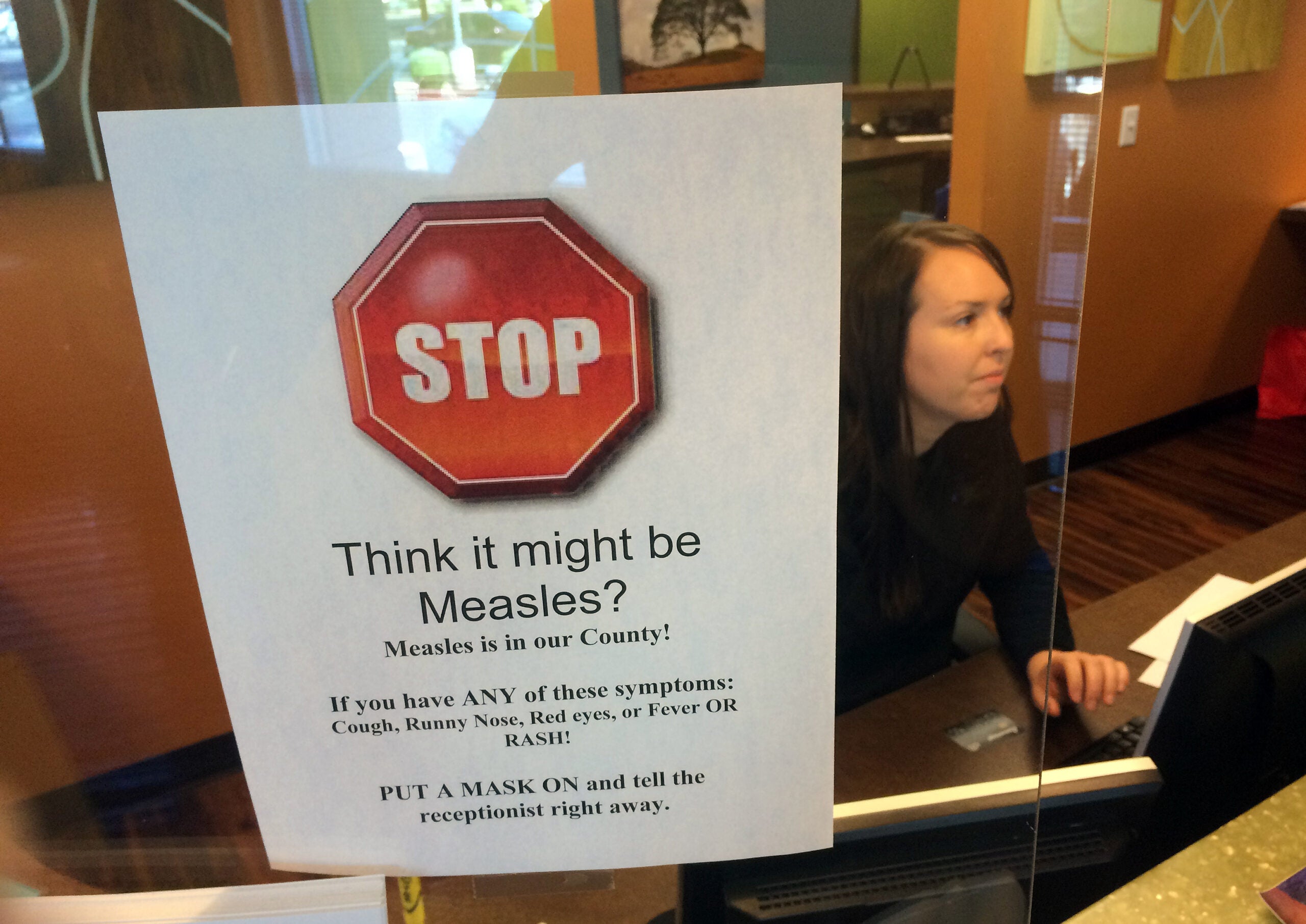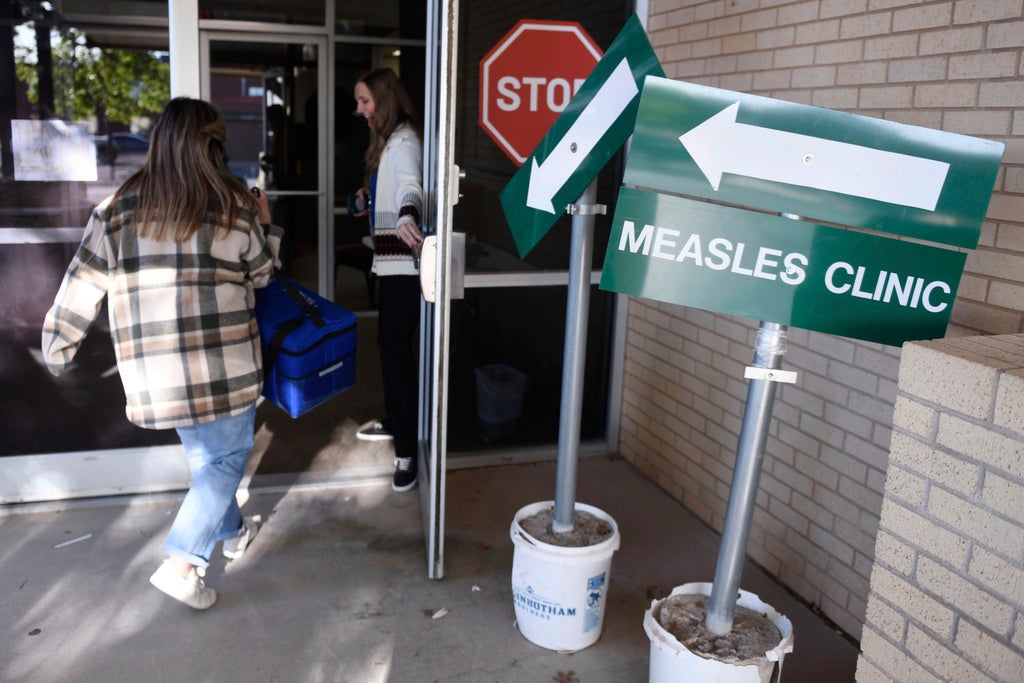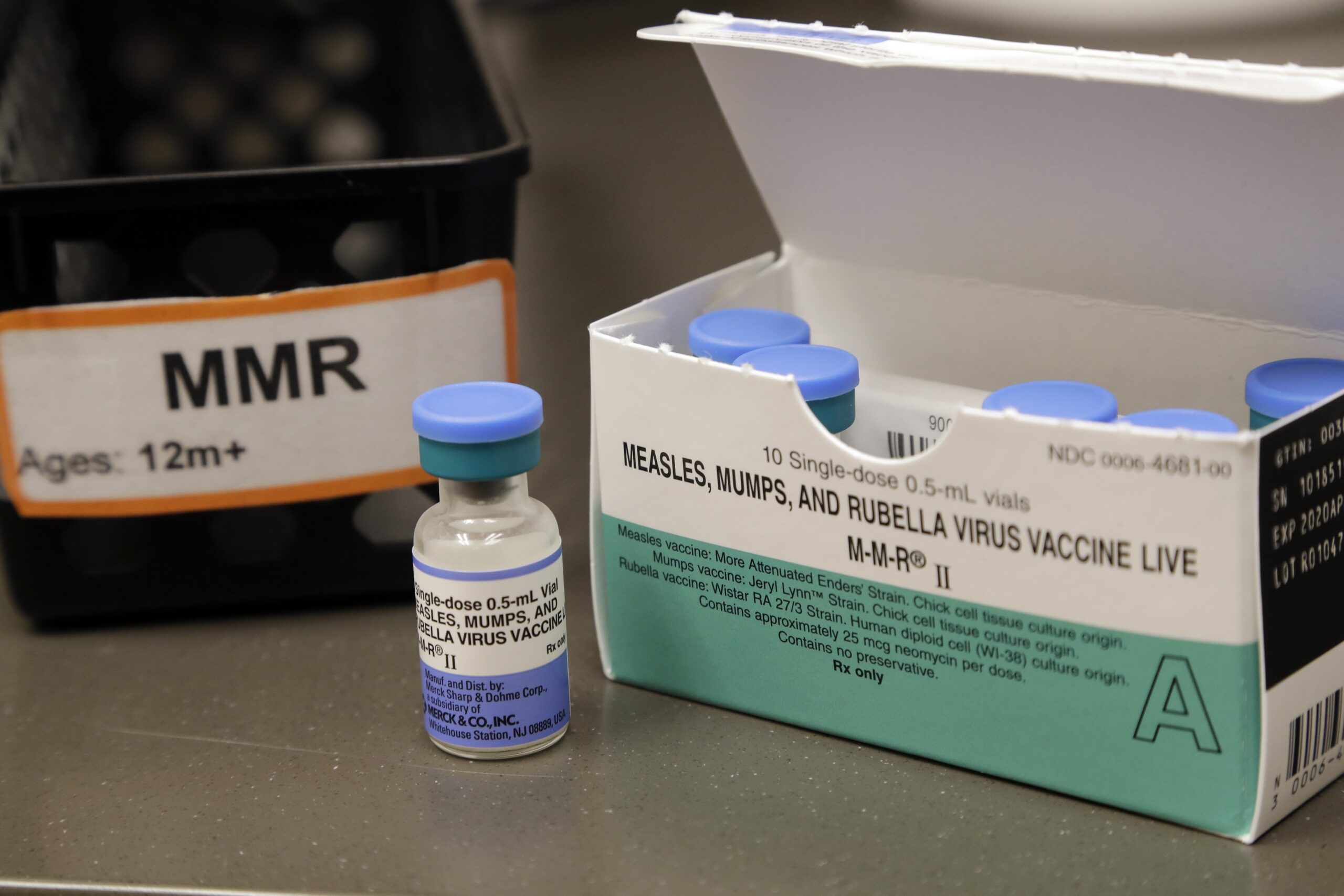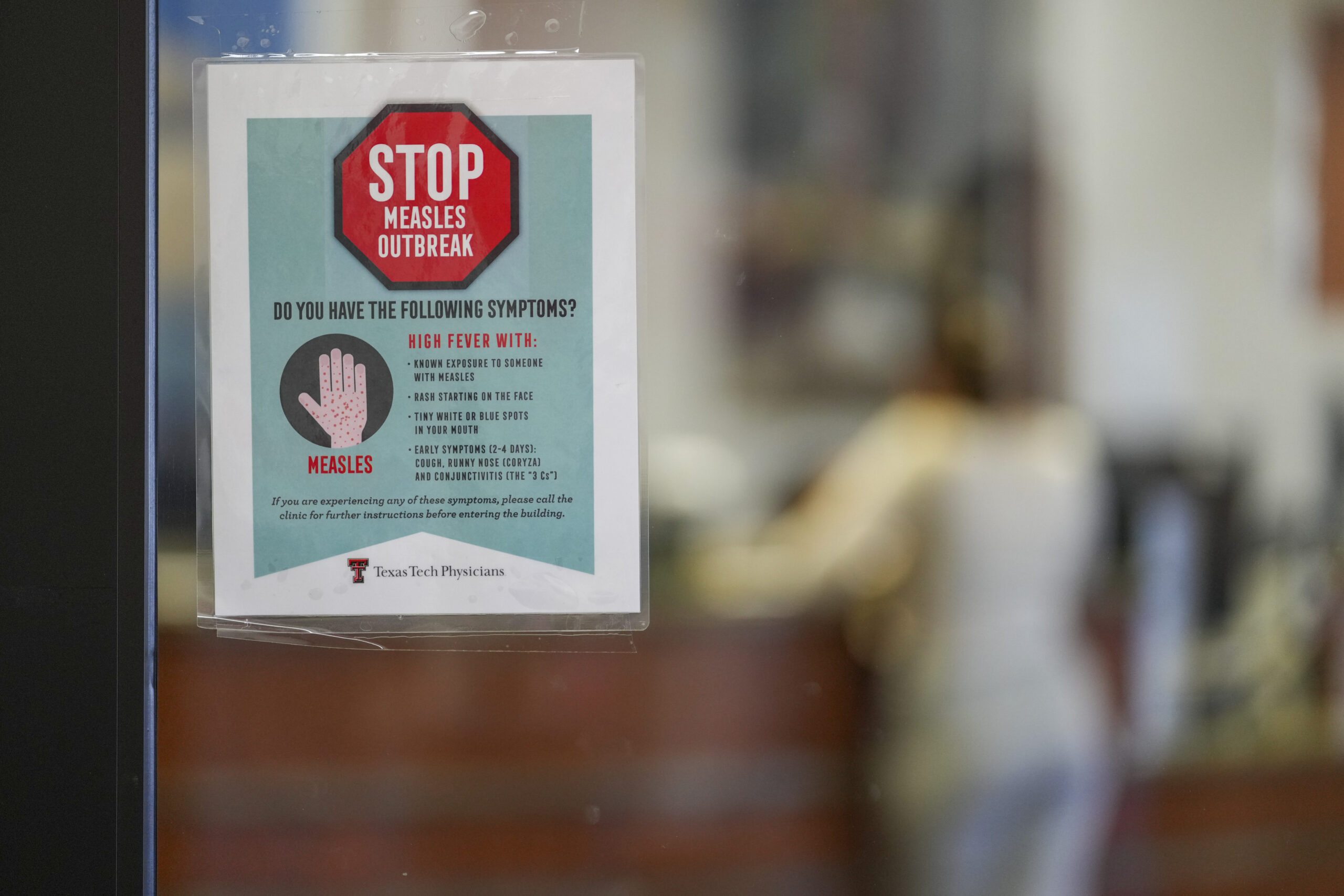School has already started for some Wisconsin students, and health officials want to make sure children are vaccinated.
During the 2022-2023 school year nearly 90 percent of students met the minimum immunization requirements. That was a 1.2 percent increase from the previous year. But despite the increase, the state Department of Health Services, or DHS, says Wisconsin students are still behind.
“A critical part is making sure children are protected against vaccine-preventable diseases by staying up to date on school-required vaccinations,” Kirsten Johnson, DHS secretary-designee said in a statement. “Healthy children mean healthier classrooms and healthier communities, and fewer days of missed school for kids and missed work for parents and caregivers.”
News with a little more humanity
WPR’s “Wisconsin Today” newsletter keeps you connected to the state you love without feeling overwhelmed. No paywall. No agenda. No corporate filter.
Only 2.8 percent of students in the 2022-2023 school year were behind schedule, a 0.5 percent decrease from the previous school year.
Students in Wisconsin can have immunization requirements waived for religious, personal or medical reasons. Overall, 5.4 percent of students had a waiver for one or more vaccines for the 2022-2023 school year, a 1.2 percent increase from the previous year.
Dr. Stephanie Schauer, Wisconsin immunization program manager, said the increase in waivers are mostly people with “personal conviction” waivers. She said the most people who seek waivers get at least some vaccines for their children.
In Wisconsin, childhood vaccination rates for the state’s youngest children are slightly lower than before the pandemic. In 2019, about 85 percent of children under 2 years old had at least one shot of the measles, mumps and rubella vaccine, or MMR, according to DHS. Last year, under 82 percent of 2-year-old children had the vaccine.
“To me that’s a concern, MMR covers the measles, mumps and rubella diseases and really is a key vaccine,” Schauer said. “Measles unfortunately is one of those that really requires very high community immunity to prevent high-spread, spread.”
Statewide, immunization rates for infants and toddlers vary wildly. Last year, Manitowoc and Ozaukee counties had child immunization rates of 89 percent for measles, mumps and rubella. But Clark, Crawford and Pepin counties had rates below 65 percent. Vernon County had an immunization rate of 48 percent.
Schauer said there is still some vaccine hesitancy, but access is also an issue for parents.
“One of the most important pieces is trust,” Schauer said. “Is a parent trusting their health care provider to provide good, solid information about vaccines, and that is so critical.”
School-required vaccinations are widely available at pharmacies and health care providers, including local and tribal health departments, across Wisconsin.
Children who do not have health insurance, or whose insurance may not cover vaccination, may be able to receive vaccines at no cost through the Vaccines for Children program. Parents and guardians can dial 211 for help finding a local doctor, clinic, or Vaccines for Children provider.
As of June 30, Wisconsin’s largest school district, Milwaukee Public Schools, stopped tracking COVID cases. Masks are optional.
The COVID vaccine is not on the list of required school vaccines, although Schauer recommends children and adults stay up-to-date on the vaccine.
Over the summer, the seven-day average of confirmed and probable COVID cases has remained low and relatively consistent, according to DHS.
“Historically we have seen changes in cases counts at the beginning of a school year. However, compared to earlier in the pandemic, we have more prevention and mitigation resources available to reduce the burden of COVID-19 in school settings as well as more vaccine and natural immunity,” said DHS spokeswoman Elizabeth Goodsitt. “We do not anticipate at this time a sharp rise at this time and will monitor the situation.”
Wisconsin Public Radio, © Copyright 2026, Board of Regents of the University of Wisconsin System and Wisconsin Educational Communications Board.

